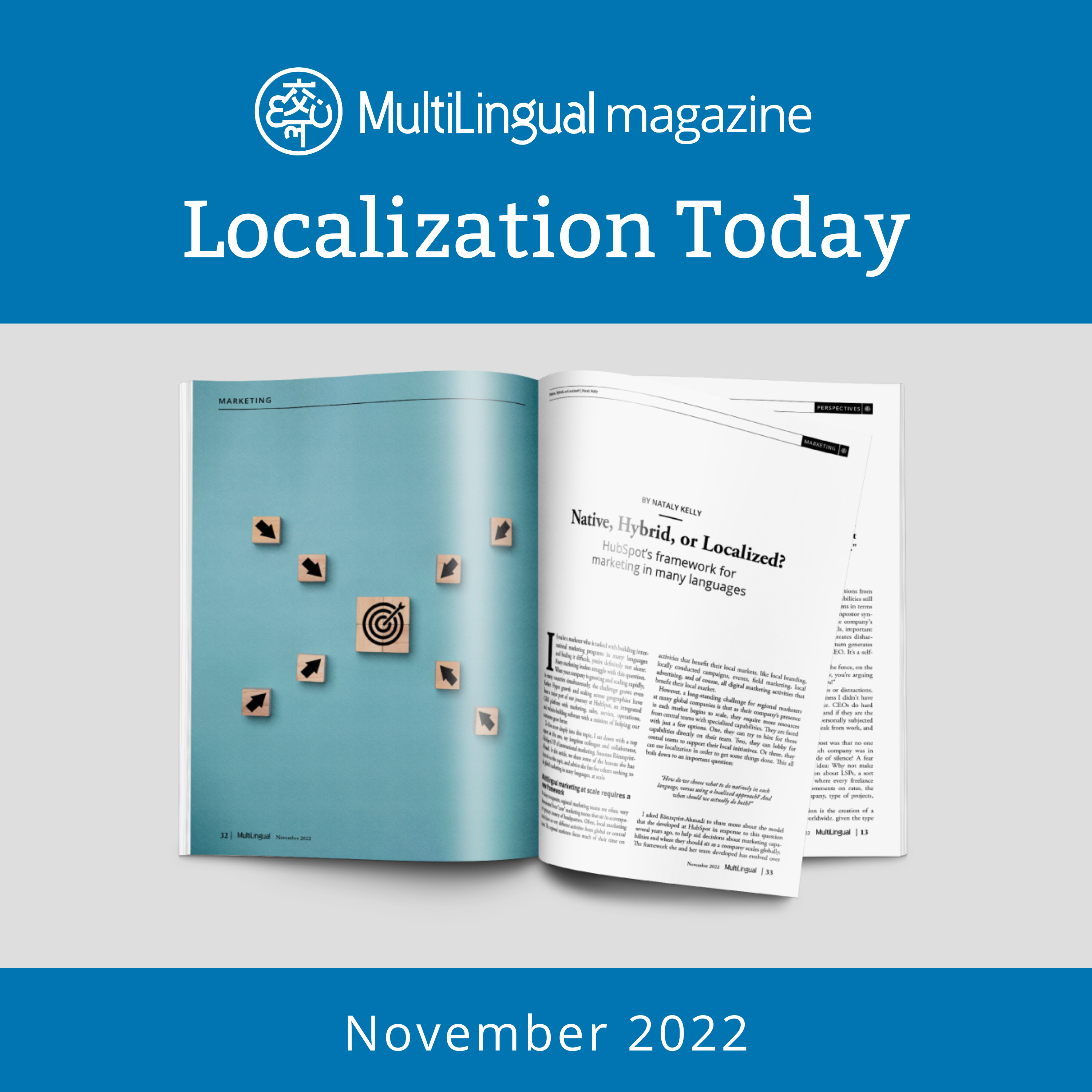Episode Transcript
[00:00:00] Collateral damage. By Joandro Magalhaes deep within the guatemalan highlands, a lush canopy of ancient forests hides the ruins of a once great civilization. In this mist shrouded jungle, every rustling leaf and weathered stone seems to murmur secrets from a bygone era. The air hums with whispers of forgotten tongues, weaving a tapestry of history, culture, and knowledge lost to time. A journey back in time. It's 1524. The dense emerald forest teems with the sounds of a civilization poised on the edge of transformation. The Mayans, renowned for their advancements in astronomy, mathematics, and hieroglyphic writing, are far past their cultural zenith but still proud of their heritage. Their codices, rich with painted symbols and precise calculations, are cherished treasures they cautiously guard. Yet on a seemingly ordinary day, new figures emerge from the foliage, men who speak an unfamiliar language and carry thunderous weapons. They are spanish conquistadors, and their arrival heralds a dramatic clash of worlds. The conquistadors bring chaos, raiding villages, driving crosses into the ground, and forcing people from their homes into captivity. Mayan warriors fall by the dozens, and those who survive are compelled to surrender and adapt to a barrage of foreign commands. In a strange new tongue, the once vibrant symphony of mayan languages is overshadowed by Spanish, which begins to dominate both the land and its people. As the Spaniards establish their colonies, Spanish becomes more than just a practical necessity. It is a tool for erasing indigenous cultures. Mayan scholars and scribes, who once documented celestial events and historical records with ingenuity, are dismissed as barbarians and their works discarded by their conquerors. This time, their codices face a threat unlike any before. Nevertheless, languages die hard. They persist as quiet acts of rebellion against cultural suppression. The mayan civilization may have vanished, but its linguistic heritage endures. Today, up to 22 ancient mayan languages are still spoken in Guatemala and beyond, though their survival remains precarious. Against all odds, the fate of the mayan people mirrors that of many indigenous groups across the Americas. The survival of their languages, despite historical and ongoing adversities, is both a victory and a testament to resilience.
[00:02:42] Yet this survival is bittersweet, marred by the pressures of modernization, migration, and socioeconomic challenges. In Guatemala and Mexicos, Yucatan Peninsula, mayan languages like Kichi, Keke, and Yucatec continue to be used, though they face new threats. Socioeconomic isolation and a diaspora fleeing violence and poverty have replaced the old colonial adversary. The violence of the past has extended into the 20th century, with genocidal acts against native populations perpetrated by Guatemala's own military. Today, indigenous Guatemalans are again fleeing their country, seeking asylum abroad and often struggling to communicate their plight. In this struggle, they rely on interpreters who play a crucial role, working tirelessly to ensure language access rights and bridge communication gaps. Interpreters in history and today, interpreters have long understood the concept of displacement.
[00:03:43] Many have been driven into their roles by coercion, captivity, or even love. La Malinchi, a key figure in the spanish conquest of Mexico, exemplifies this complex role. Fluent in both Nahuatl and Spanish, her position as interpreter and consort to Hernan Cortes was pivotal yet fraught with ambiguity. Unlike Alamolinshi, modern interpreters like Jace Norton choose to enter indigenous communities with a sense of mission. Norton, a member of the Church of Jesus Christ of Latter day Saints, arrived in Guatemala as a missionary, expecting to use Spanish to communicate with the locals. Instead, he was assigned to a region where only Kiki was spoken. Driven by his passion for languages, he quickly learned kiki and began facilitating communication. Back in the United States, Norton's skills were soon in demand for interpreting for unaccompanied miners fleeing violence in Guatemala. His work led him to create his own interpreting company called Maya Bridge Language Services, joining a growing network of indigenous language interpreters dedicated to preserving linguistic heritage. These interpreters work on the front lines of migration crises, helping vulnerable populations navigate new environments. They offer more than mere translation, providing much needed empathy and support. Keeping the legacy alive as you imagine wandering through the dense forests of Guatemala, remember that the echoes of mayan and other indigenous languages are not mere whispers of the past. They are vibrant threads woven into the present, calling out for help and ready to share a wealth of knowledge and tradition. The survival of these languages depends on ongoing efforts to preserve and revive them through education, documentation, and advocacy. It takes a collective effort to ensure that these languages are taught in schools, preserved in digital records, and supported by dedicated linguists and advocates worldwide. In this quest to keep the conversation alive, we not only honor the past but also empower the present and future, ensuring that the rich cultural heritage of the mayan people and other indigenous groups continues to thrive.
[00:06:01] This article was written by Joandro Magalhaes, a conference interpreter, former chief interpreter in the United nations system, interpreter, trainer, and language technology advocates. He is a TEDx speaker and the author of three books, including the language game, originally published in multilingual magazine, issue 232, September 2024.


